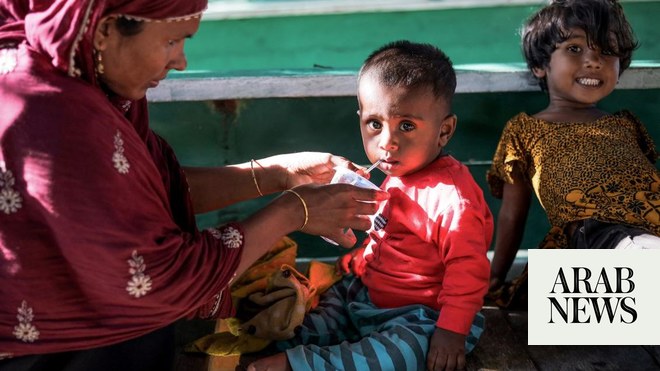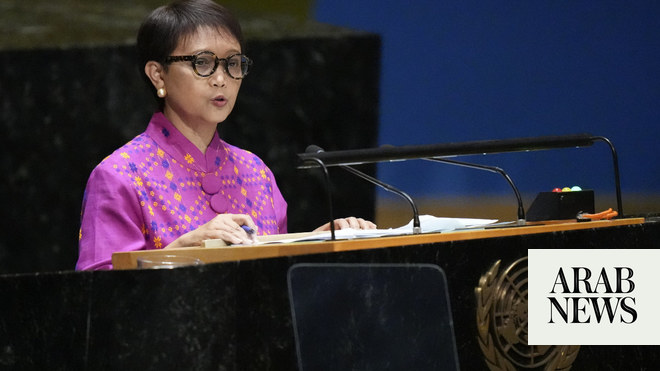
BEIRUT — The UN High Commissioner for Refugees (UNHCR) on Friday urged the international community to continue to stand by the people of Lebanon as they recover from the blast that devastated the capital, Beirut, earlier this month.
Filippo Grandi, the head of the UN refugee agency (UNHCR) concluded a four-day visit to the country during which he affirmed the agency’s immediate support to over 100,000 Lebanese, refugees and other affected populations.
“The situation is very difficult. Lebanon is enduring multiple challenges — the swirling economic crisis, the COVID-19 pandemic, the impact of the Syrian conflict — and now, this horrible explosion.
“All of us have a role to play in the response — we cannot let people sleep in the open, without a roof and privacy, exposed to food insecurity, lack of water and medicine,” he said.
UNHCR is mobilizing $35 million for emergency response to the hardest-hit and most vulnerable households in Beirut for the next three months. The funding will be used in the areas of shelter and protection.
‘Shocking’ scale of destruction
Grandi was shocked to see the impact of the Aug. 4 blast, which destroyed large areas of Beirut. Nearly 200 people were killed and more than 6,500 were injured, while hundreds of thousands have been left homeless.
The High Commissioner also witnessed the emergency response UNHCR and partners have delivered in one of the devastated neighborhoods, where they have distributed over 3,140 shelter kits to the worst-affected households, benefiting more than 10,000 people so far.
“It was shocking to see first-hand the scale of the destruction, but it is the human cost of this disaster that is truly heartbreaking,” Grandi said. “The families I met have suffered terrible physical and psychological injuries, but despite everything they remain determined to rebuild their homes and their lives.”
Supporting COVID-19 response
While in Lebanon, Grandi also assessed his agency’s support to national response to COVID-19. UNHCR previously allocated $40 million for these efforts, which will be reinforced with an additional $3 million.
The High Commissioner visited Tripoli Governmental Hospital where UNHCR has funded a 43-bed expansion, as well as an isolation center in Akkar, in northern Lebanon, supported by the agency. The facility is fully equipped to receive people who need to self-isolate but are unable to do so at home.
Fast-tracking deployment of equipment
Overall, UNHCR support to hospitals during the COVID-19 pandemic will cover some 900 additional beds, including in Intensive Care Units (ICU), as well as ventilators and other advanced equipment, and medicine stocks.
Since February, teams have been building dedicated hospital expansion facilities, or rehabilitating existing unused sections and refurbishing them with new medical equipment which will remain the property of the hospitals after the pandemic.
Due to the recent rapid spread of the virus, UNHCR is fast-tracking the deployment of ventilators and other ICU equipment to hospitals across Lebanon. Throughout his visit, Grandi met with refugee families and heard accounts of growing hardship and challenges.
Lebanon, which has a population of around six million, hosts the largest number of refugees per capita in the world. More than one million refugees, mainly Syrians and Palestinians, have found shelter there.
As a result of the deepening economic and financial crisis, and the COVID-19 pandemic, the proportion of refugees living under the extreme poverty line has jumped from 55 percent to over 75 percent, according to UNHCR.
“Refugee and Lebanese communities are pushed further down into poverty and vulnerability as a result of the economic crisis, the consequences of the pandemic and now the tragic explosion in Beirut, and need our urgent help today,” said Grandi.
“We are working with humanitarian partners and the donor community to ensure that all people in Lebanon are not forgotten – they need our help now more than ever before.” — UN News












